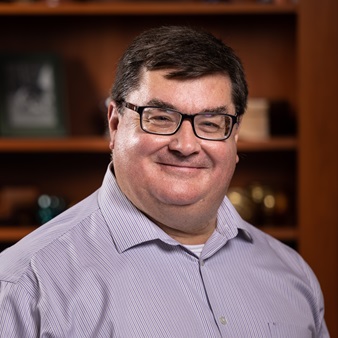
Daily Devotional | Torn Robes
The fourth-century theologian Augustine was dying. Enemies were at the gates of his city in North Africa. How did he respond? He asked that the seven penitential psalms—psalms confessing and repenting of sin, such as Psalms 32 and 130—be written on sheets and hung around his bed. That way he could read and meditate on them, confessing his sins and preparing his soul to meet the Lord.
Confessing our sin is a highly valuable spiritual discipline. In 2 Chronicles 34:19, King Josiah “tore his robes” over sin. This dramatic action expressed deep grief, alarm, and humility. In this case, it also expressed the king’s desire to confess and repent.
What had happened? Hilkiah the priest had found “the Book of the Law of the LORD that had been given through Moses” (v. 14), probably the Pentateuch (the first five books of the Old Testament), which had apparently been lost. When it was read aloud to the king, Josiah realized how guilty the nation was of covenant unfaithfulness and sin (v. 21). In yesterday’s reading the crisis was external, in today’s episode it was internal. According to Scripture, the people of Judah deserved God’s wrath. What would happen? First, the king inquired of the prophet Hulda (v. 22). She answered that what the book said was true. God doesn’t change. But due to the king’s responsive heart, the punishment for idolatry and sin wouldn’t come during his lifetime (vv. 24–28).
Second, the king led a public renewal of the covenant (vv. 29–32). This must have included confessing and repenting of sin. He was already leading a revival. The Temple was being renovated. People were ready to humble themselves before the Lord. Finally, Josiah also took concrete action against sin, removing and destroying the people’s idols (v. 33).
Do we take sin seriously? Do we feel strongly enough to tear our clothes, so to speak? How can we develop hearts that are tender toward Scripture?
Once again, we are reminded of our need to confess and repent of our sins. Lord Jesus, we are so grateful for Your sacrifice that brought us forgiveness and freedom. Thank You that we can always come to You in all situations!
About the Author
Brad Baurain
Bradley Baurain is Professor and Program Head of TESOL (Teaching English to Speakers of Other Languages) at Moody Bible Institute.
View More